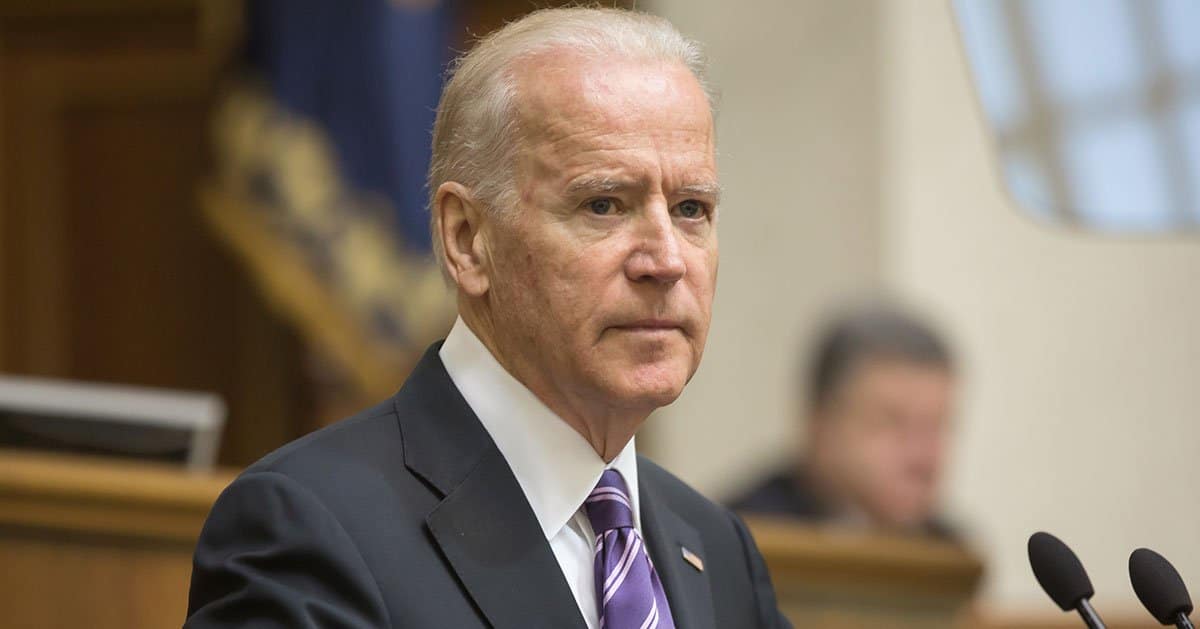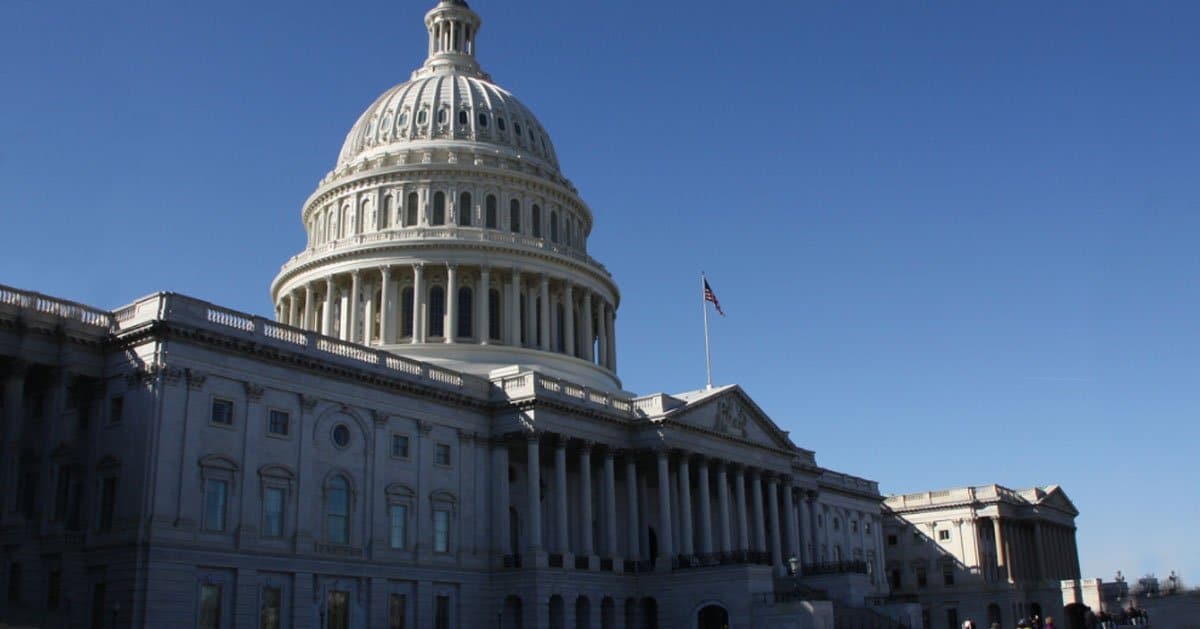




President Donald Trump has dropped a bombshell on the health care debate, calling for a complete overhaul of federal spending that could shake up the system as we know it.
Fox News reported that with a government shutdown dragging on and Congress locked in a bitter stalemate over funding, Trump has urged Senate Republicans to ditch the Affordable Care Act—commonly called Obamacare—and redirect billions in subsidies straight to Americans for their own health care plans.
This isn’t a new fight for Trump, who spent much of his first term battling to repeal Obamacare, a signature policy of former President Barack Obama’s legacy.
Critics on the right argue it’s a bloated program that pads insurance company profits while leaving taxpayers on the hook. A sharp turn to direct payments, they say, could cut out the middleman.
On Saturday morning, November 8, 2025, Trump took to Truth Social to rally his base and pressure GOP senators into action. His message was clear: stop funneling money to what he sees as failing systems.
“I am recommending to Senate Republicans that the Hundreds of Billions of Dollars currently being sent to money sucking Insurance Companies to save the bad Healthcare provided by ObamaCare, BE SENT DIRECTLY TO THE PEOPLE SO THAT THEY CAN PURCHASE THEIR OWN, MUCH BETTER HEALTHCARE, and have money left over,” Trump declared.
If that’s not a direct shot at the status quo, what is? It’s a populist pitch that sidesteps corporate interests, though skeptics might wonder how the logistics would play out.
“In other words, take from the BIG, BAD Insurance Companies, give it to the people, and terminate, per Dollar spent, the worst Healthcare anywhere in the World, ObamaCare,” Trump added.
That’s a fiery jab at a law many conservatives see as a symbol of overreach, though defenders like Obama and Democrats insist it’s brought coverage to millions who’d otherwise be left out in the cold.
The timing of Trump’s push couldn’t be more critical, as the ongoing government shutdown has turned health care funding into a political battlefield. Congress remains deadlocked, with subsidies for insurers and broader health programs at the heart of the dispute. It’s a mess that’s left both sides digging in their heels.
House Speaker Mike Johnson added fuel to the fire on Thursday, November 6, 2025, by refusing to guarantee a vote on extending enhanced Obamacare subsidies from the COVID-19 era, set to lapse by year’s end without action. That’s a risky stance when millions rely on those boosted benefits. Will the GOP hold the line, or blink under pressure?
Meanwhile, Senate Majority Leader John Thune has floated the idea of a vote to extend those subsidies if Democrats agree to end the shutdown. It’s a potential olive branch, but with Trump breathing down their necks, Republicans might think twice before compromising on a law they’ve long despised.
Even within the GOP, there’s no unified front on how to handle these expiring subsidies. Some Republicans from more moderate districts are pushing for at least a one-year extension to buy time for a broader health care reform plan. It’s a pragmatic move, but one that risks clashing with the party’s hardline base.
Trump, never one to shy away from shaking up Senate rules, also tossed in a call to end the filibuster, the 60-vote threshold that often stalls major legislation.
That’s a separate fight, but it signals his impatience with anything slowing down his agenda. Is this a strategic distraction or a genuine priority?
Back on October 3, 2025, Thune and Johnson stood together at a news conference in Statuary Hall at the U.S. Capitol, projecting unity. But with the shutdown dragging on and Trump’s latest demands, that unity might be tested sooner rather than later.
For now, the debate over Obamacare rages on, with Trump’s vision of direct payments to citizens clashing against a law that Democrats argue has made health care more accessible. It’s a classic standoff between individual choice and government mandates, and the stakes couldn’t be higher.
Republicans have long criticized the Affordable Care Act for driving up costs while benefiting insurers over everyday Americans. Trump’s proposal taps into that frustration, offering a radical rethink that could resonate with those tired of bureaucratic red tape. But without a clear plan to replace it, will this idea gain traction?



